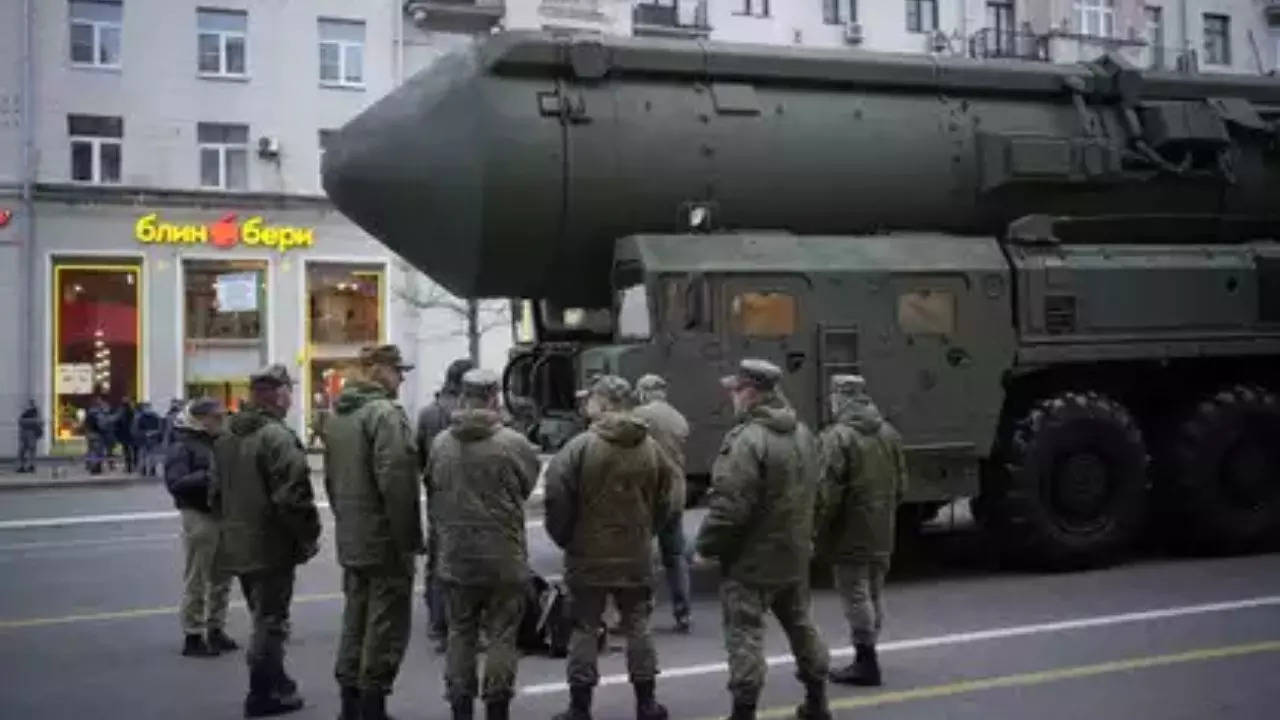After the collapse of the Soviet Union, Ukraine was faced with the challenge of managing a substantial nuclear stockpile. However, due to financial constraints and geopolitical concerns, Ukraine made the decision to surrender its nuclear weapons. The 1994 Budapest Memorandum was supposed to provide security assurances to Ukraine, but these guarantees proved to be ineffective when Russia annexed Crimea and backed separatists in Ukraine. The current Russia-Ukraine conflict underscores the security vulnerabilities faced by Ukraine in the absence of nuclear deterrence. The decision to disarm has left Ukraine exposed to external threats, leading to a renewed debate on the importance of nuclear weapons for national security. The situation serves as a cautionary tale for other countries considering denuclearization. The aftermath of Ukraine’s disarmament serves as a sobering reminder of the complex geopolitical challenges faced by nations in a post-Cold War world. The implications of Ukraine’s disarmament continue to reverberate in global politics, particularly in light of ongoing tensions with Russia. The need for reliable security assurances and the role of nuclear weapons in deterring aggression are once again in the spotlight. The Ukraine case study has become a focal point for discussions on national security strategies and the delicate balance between disarmament and defense capabilities.

Posted in
JUST IN
Ukraine’s Decision to Relinquish Nuclear Weapons Reveals Vulnerabilities Amid Russia-Ukraine Conflict: Analysis
In Trend

“India’s Chandrayaan-2 mission discovers water molecules on the moon, boosting hopes for future exploration.”



















